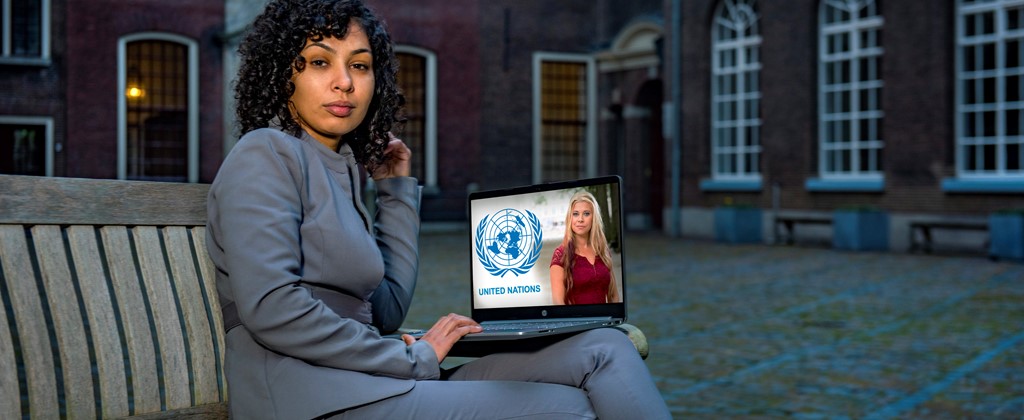“UN Study on children deprived of their liberty makes us feel uncomfortable. As it should do.”
On December 18th, before an audience of 85 representatives of children's rights organizations, academics, local and national governments, judiciary and international organizations, MPs Lisa Westerveld (GroenLinks), Martin Wörsdörfer (VVD), Niels van den Berge (GroenLinks) and Marijke van Beukering - Huijbregts (D66) discussed online the recommendations of the UN Global Study on Children Deprived of Liberty. During the launch UN Representatives and expert by experience Bodine gave their contributions. UN expert professor Manfred Nowak, stressed that 7 million children are deprived of their liberty every year worldwide. In the Netherlands, too, children are detained in police cells, in detention centers for children in conflict with the law, immigration detention or are deprived of their liberty in secured residential youth care. The MPs responded to the recommendations from the UN Study for the Netherlands. They have committed themselves to prevent the deprivation of liberty of children now and in the next cabinet term. Westerveld went a step further and no longer wants closed institutions for children in five years' time.
Deprived of Childhood
"During your childhood you develop your personality, your social emotional relationships and your talents. For this reason, children should grow up in a family setting surrounded by love, safety and security," says Nowak. "Placing children in a closed setting is counterproductive, is costly, not good for their health and development and it deprives them of the right to personal freedom. It leaves a deep wound in the lives of these children and in society." The UN Convention on the Rights of the Child provides that children should only be deprived of their liberty as a measure of last resort, only when necessary, for the shortest possible time and in child-friendly conditions. Nevertheless, 7 million children worldwide are deprived of their liberty every year. This is a traumatic experience for children, as Bodine explains from her own experience, and this is also evident from the contributions of 274 children from 22 countries who participated in the UN Study.
Experience with living in secured care
"These are children, not clients or numbers, approach them as if they were your own children," says Bodine, now 29, who as a pregnant 16-year-old spent a total of 18 months in secured youth care. After the birth of her daughter she went to another institution, more open, although the doors were often locked. She did not receive any support during her time in secured youth care. She was even told she was not allowed to keep her child. "Being deprived of my liberty, prevented me from having access to good education. This has had a major impact on my life and I still carry this with me today." Bodine continues, "not having a purpose nor perspective felt like my life came to an end." In handing over the UN Study to MP Lisa Westerveld (GroenLinks), she calls on her and the government to stop locking up children and to provide children with education, support and guidance for the problems that children and their families face.
"No more closed institutions in five years’ time"
Westerveld regretfully recognizes Bodine's story of conversations with children who are now in closed institutions. "I prefer to see that in five years’ time there will be no more closed institutions for children," says Westerveld. "When they are still there, it should feel like a second home. Investments must be made in guidance and education. And it's important to support families. In the event of domestic violence, for example, investments should be made in keeping the family together." Nowak adds: "it is up to society and not up to the children, but it is often felt that way." Westerveld continues: "children are not difficult, but they live in difficult circumstances." Bodine, who now works as an experience expert in closed institutions, confirms: "I recently saw a 12-year-old girl who imitated the older girls with make-up, but eventually she went to sleep with a stuffed animal. It shouldn't be like that. What if this girl would be your own child? That’s why I say: stop locking up children."
<text continues under video>

